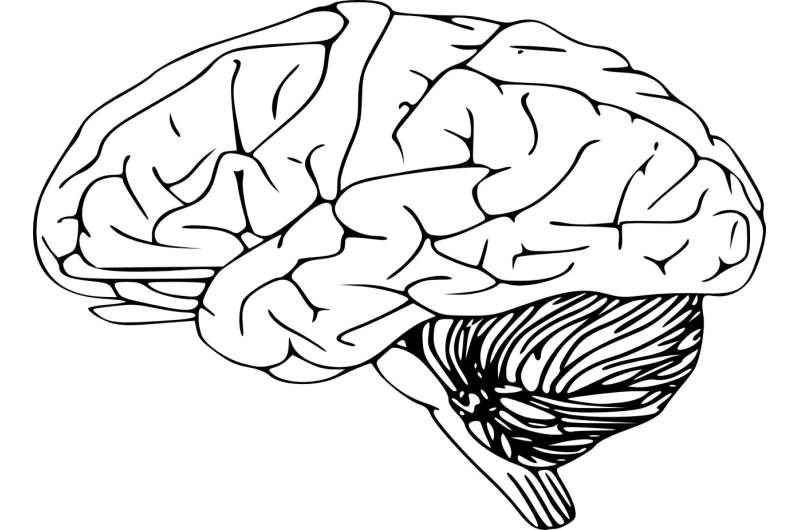This article has been reviewed according to Science X's editorial process and policies. Editors have highlighted the following attributes while ensuring the content's credibility:
fact-checked
trusted source
proofread
OHSU neuroscientist: Grammy nominees are a brainy bunch

The Grammy Awards on Sunday will celebrate the most accomplished musicians of our time, although a neuroscientist at Oregon Health & Science University says music is a boon for virtually anyone who can carry a tune. In fact, he says our brains are hard-wired to the benefits of music.
From that standpoint, Grammy Award nominees may be especially brainy.
"It turns out that practicing a musical instrument might be the most difficult and challenging thing a human brain can do," says Larry Sherman, Ph.D., a professor in the Division of Neuroscience at the Oregon National Primate Research Center at OHSU. "You're integrating sensory and fine motor skills, gross motor skills. You're holding your instrument, moving your fingers. You're doing all these things, and it's rewiring your brain to the point where you can actually become a Grammy-nominated musician."
Sherman, who has given presentations on the benefits of music and has co-authored a forthcoming book on the topic, says the act of practicing music can help generate neurons, strengthen the connections between brain cells called synapses, and rebuild the myelin sheaths that enable transmission of electrical signals between cells.
"This is an amazing thing that our brain is doing," he says. "It's re-wiring itself and remaking itself every time we practice music."
He says that playing music together in a group may be even more beneficial. Magnetic resonance imaging has shown that music triggers a cascade of neurotransmitters, such as endorphins and dopamine, which are associated with positive feelings. These neurotransmitters can relieve pain and also foster a feeling of communal belonging. The bigger the group, the bigger the effect.
"I always tell people, if only we could get Congress to sing together," Sherman says.
Sherman says there's a case to be made that the communal activity of playing music together has likely bound human communities together for thousands of years.
"The fact that we've found flutes in Neanderthal caves means something," he says.
Sherman's own research focuses on neurodegeneration, especially in conditions such as multiple sclerosis in which myelin, the protective coating around the nerve fibers in the central nervous system, becomes damaged. He has also worked to popularize neuroscience through a series of public presentations involving his own personal interest in music.
Since his initial joint appearance with Grammy-nominated vocalist Valerie Day and jazz pianist Darrell Grant in Portland in 2008, Sherman has spoken regularly on the neuroscience around music, love, chocolate and even racism through venues such as Science on Tap. He has presented more than 300 times in seven countries, including Australia, the United Kingdom, New Zealand, Germany, Ireland, Canada and the United States.





















